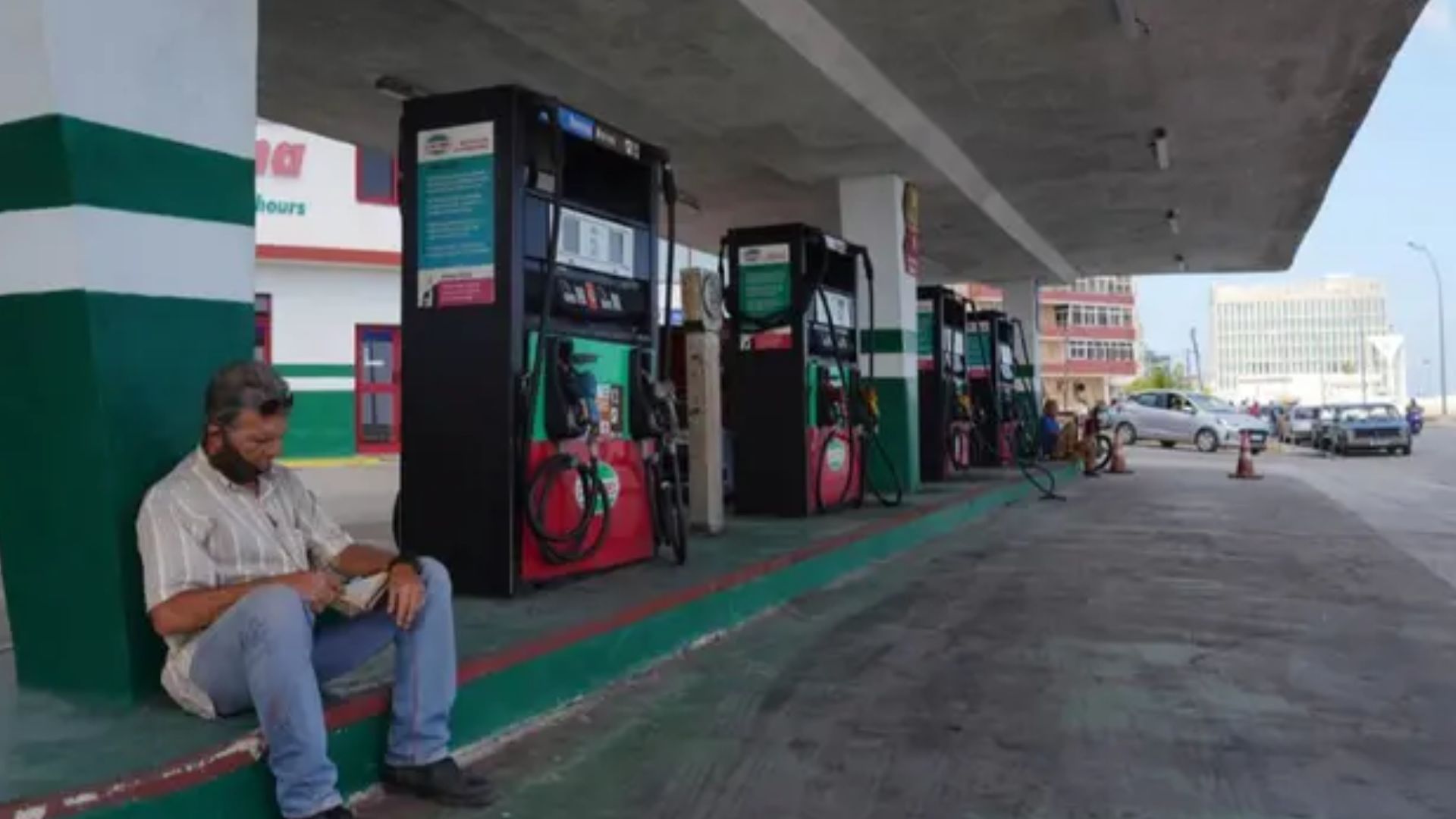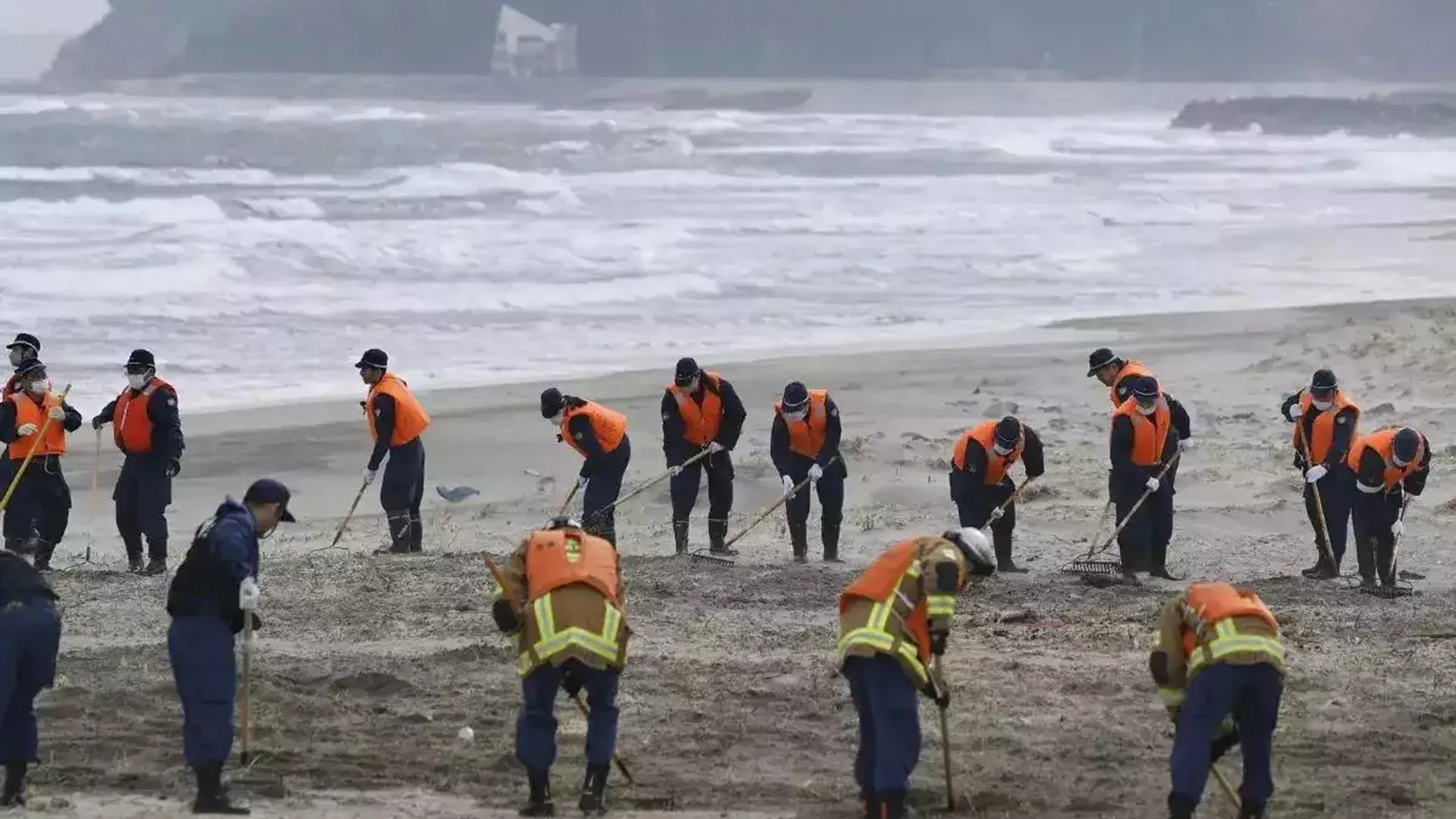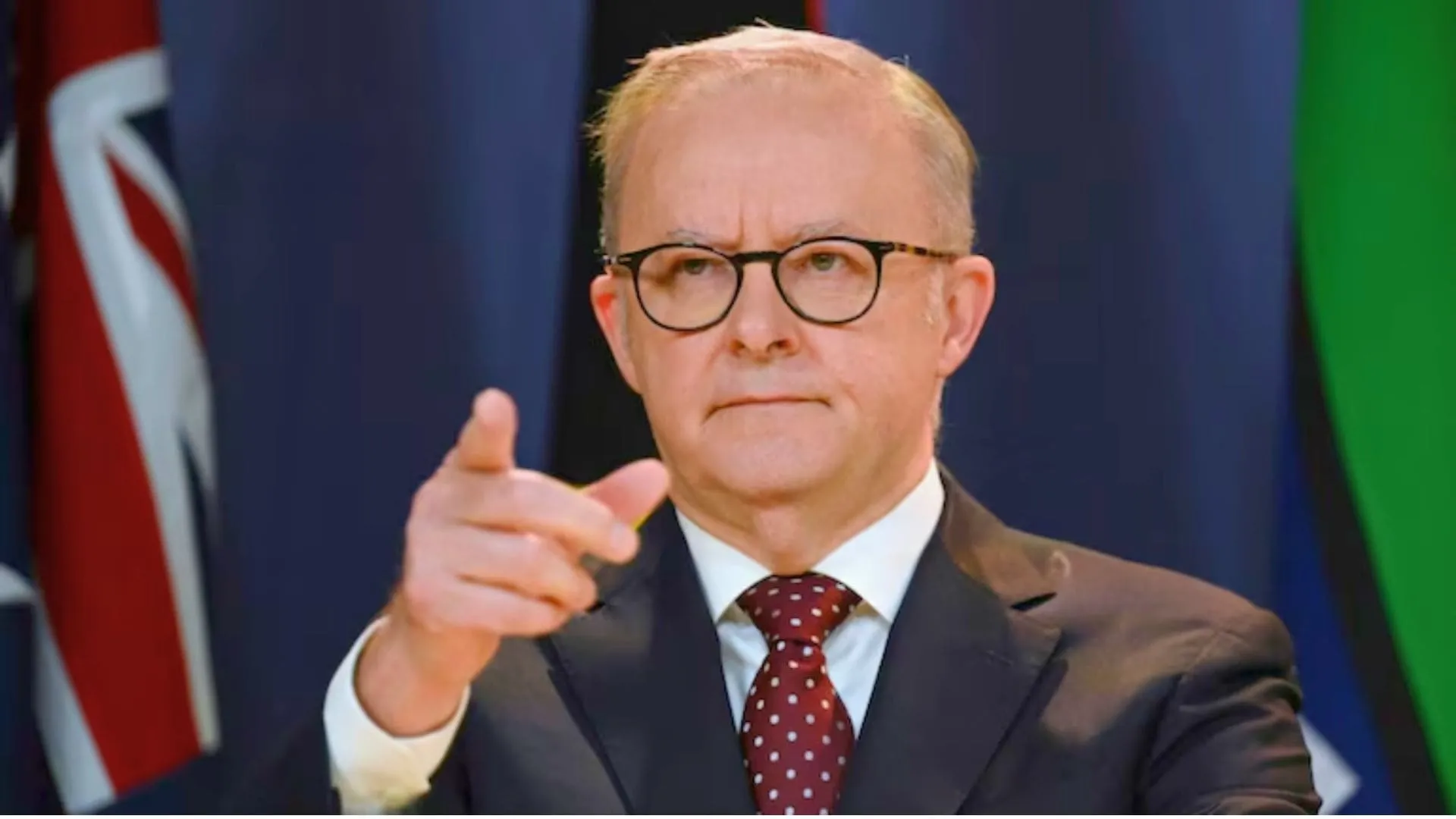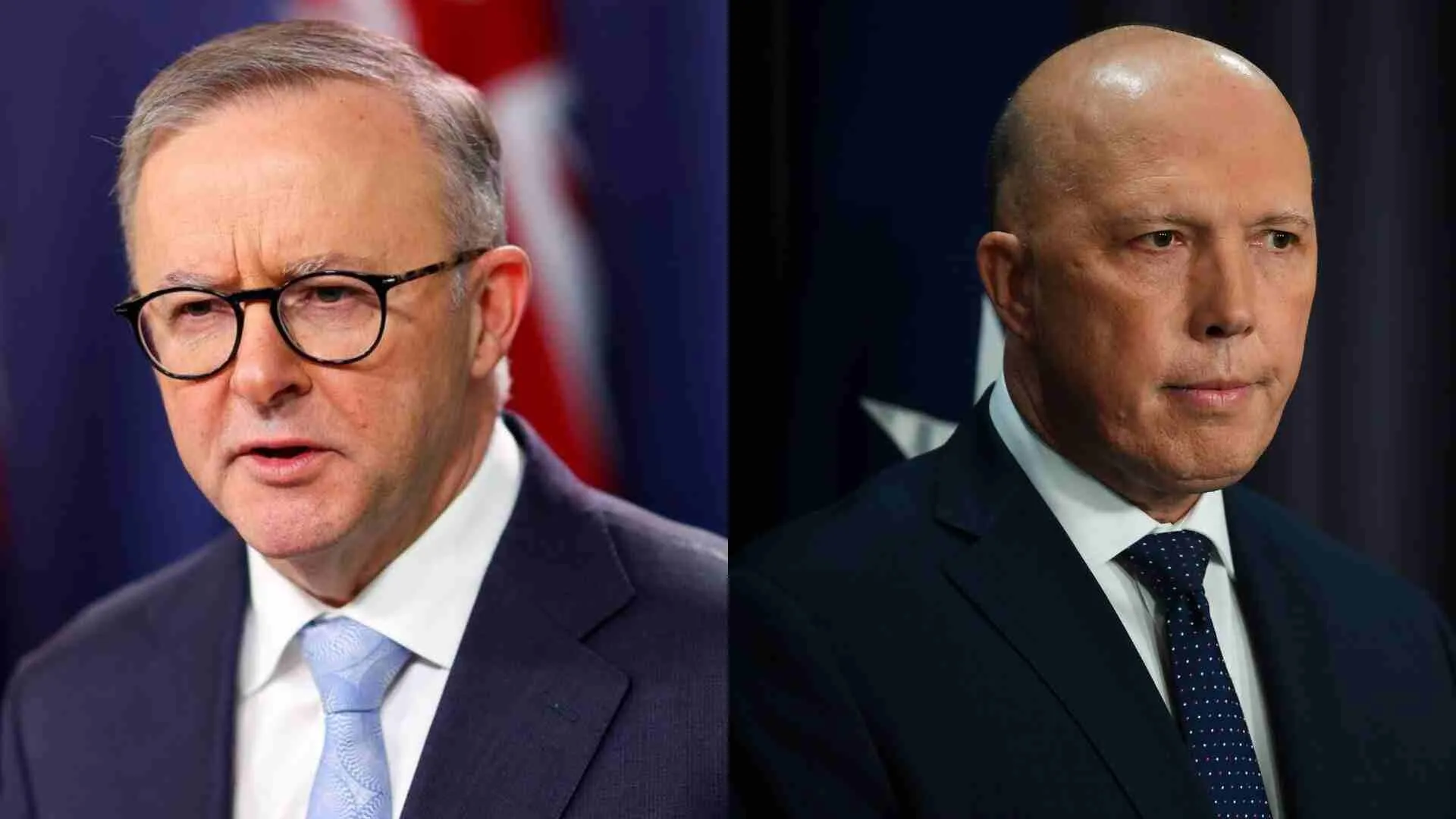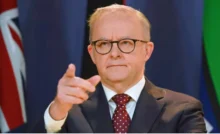Cuba, already grappling with economic hardships, is bracing for further challenges as the government announces a staggering 500% increase in fuel prices, effective February 1. This move is part of a series of measures aimed at alleviating the country’s budget deficit.
The cost of a liter of regular gasoline is set to surge from 25 pesos (20 US cents) to 132 pesos, while premium gasoline will witness an increase from 30 to 156 pesos.
For many Cubans, already contending with inflation and product shortages, this drastic surge in fuel prices adds another layer of uncertainty to their daily lives. The nation of 11 million people is undergoing its most severe economic crisis since the 1990s, exacerbated by the impacts of the COVID-19 pandemic, escalating US sanctions, and inherent weaknesses in the economy.
Official estimates indicate a 2% contraction in the Cuban economy in 2023, accompanied by a 30% inflation rate, though independent experts believe the actual figures may be higher.
Fuel scarcity and essential goods have been persistent challenges, prompting the government to consider the inevitable increase in fuel prices. Economy Minister Alejandro Gil emphasized that maintaining the current fuel prices, recognized as the cheapest globally, is unsustainable.
In addition to the fuel price surge, the government confirmed a 25% rise in electricity prices for major residential consumers and an uptick in natural gas prices. Concerns are rising among Cubans regarding the potential impact on general inflation, as many aspects of daily life, including food prices, are closely tied to transportation.
Javier Vega, a 33-year-old ride-hailing driver, expressed concerns about the potential impact on trip prices, considering the existing limitations in public transport due to fuel shortages and a scarcity of car parts.
Energy Minister Vicente de la O Levy justified the price hike as a measure to curb shortages, emphasizing the need for a stable fuel supply. Tourists will now be required to pay for fuel in foreign currency, adding pressure to an already limited supply, and the Central Bank is considering adjustments to the exchange rate against the dollar.
Despite fuel prices being relatively low compared to global standards, the economic reality in Cuba, where the average monthly salary is around $40, poses significant challenges. As citizens grapple with reduced purchasing power, the announcement of the fuel price hike raises concerns about its widespread impact across various sectors of the economy.


